In the first of a new series ahead of the Rio 2016, Brasil Global Tour looks back at the Selecao's debut in the football tournament which ended at the quarter=finals
Brazil did not make their debut at the Olympic football tournament until 1952, when the games arrived at Helsinki, Finland.
It was a far cry from the World Cup two years previously, when an estimated 200,000 packed inside the now historic Maracana in Rio for the final that would end with a Maracanazo defeat to Uruguay.
With a capacity of 70,000, almost a fifth of Helsinki’s 367,000 inhabitants could’ve packed inside the Olympic Stadium that was built for the event.
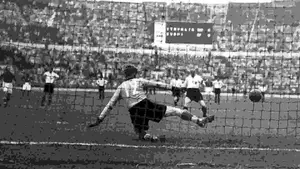
Future CBF and FIFA president Joao Havelange, the man who would go on to globalise football to unprecedented proportions, was among the athletes at the games, representing Brazil in water polo.
Following two world wars, the Soviet Union were back in the games for the first time since 1912 and Germany were competing not divided by East and West, but as a unified nation – albeit one that did not include a single athlete from the East. They would end an Olympics for the first, and only, time without a single a gold medal.
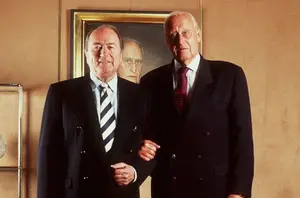
After Uruguay’s early success in the Olympics had led directly to the formation of a World Cup, the two decades since FIFA’s inaugural football-specific event had left the prestige Olympic football tournament trailing in its wake.
Moreover, the advent of professionalism saw the game’s emerging global superstars increasingly absent from the amateur event of the Olympics. Brazil itself had begun to turn pro back in 1933 and, by Helsinki, football had already outgrown the games.
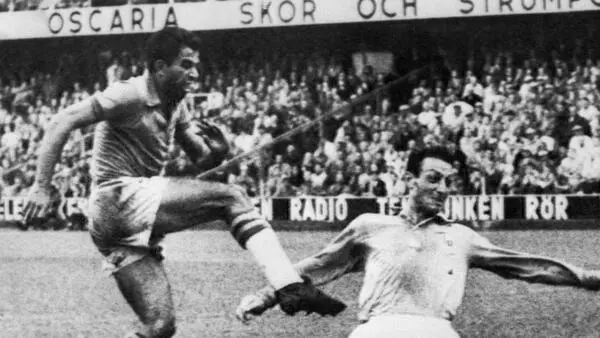
But Brazil’s maiden Olympic football side included some future stars. The first Brazilian Olympic football team was led by former Botafogo coach Newton Alves Cardoso. It was made up of amateur players from Rio de Janeiro and featured future two-time World Cup-winners Vava and Zozimo.
It also unearthed the talent of Larry who would go on to become a club legend at Internacional and with the Panamerican Championship with the Selecao four years later.
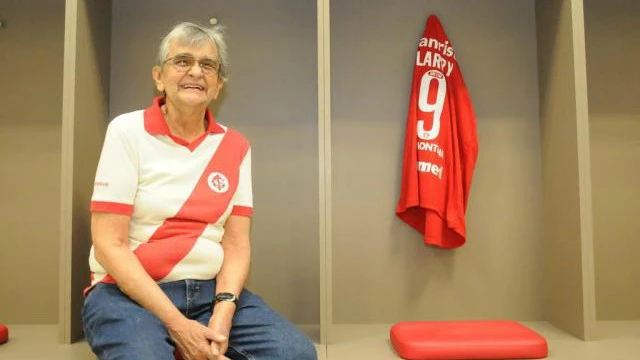
Larry would hit four goals in the 26-team tournament, that was essentially played in a straight knockout format, including two in their opener – a 5-1 demolition of the Netherlands.
He then scored in Brazil’s second match to secure a 2-1 win over Luxembourg and another in the quarter-final versus Germany, but couldn’t prevent his side from bowing out of the tournament 4-2 after extra time.
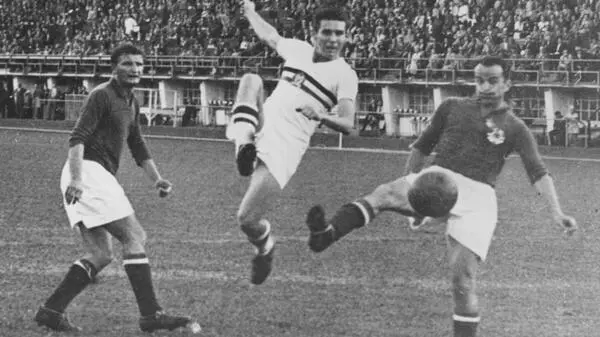
Hungary went on to claim the crown, the competition forming the beginning the Magical Magyars (golden team) as the likes of Nandor Hidegkuti, Sandor Kocsis and Ferenc Puskas led them to gold.
..... - Goal